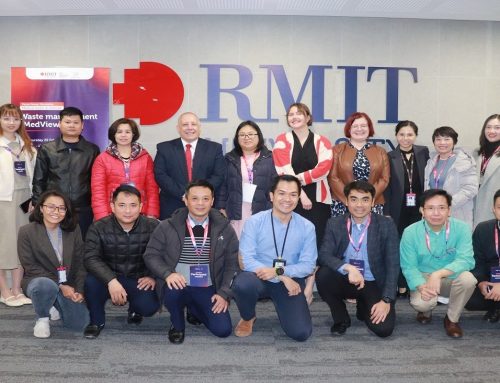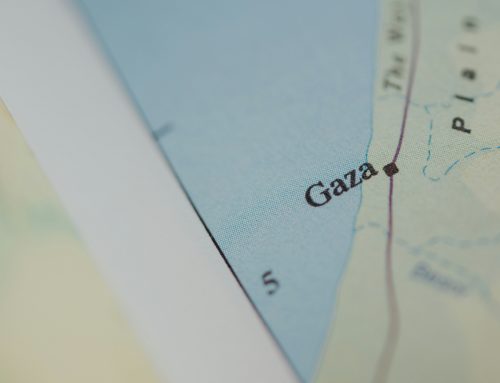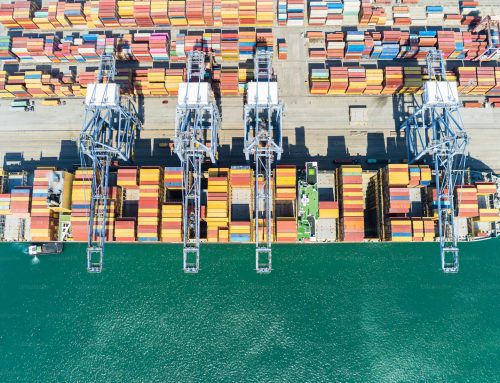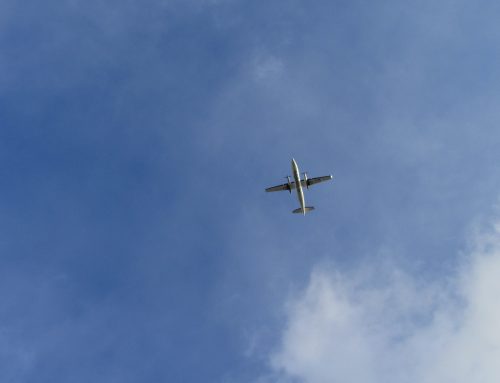I had the opportunity to conduct my Ph.D. at the Department of Information and Communication Technology at the University of Agder. I had Prof. Tina Comes and Matthieu Lauras as my supervisors and I did my Ph.D. in the context of Centre for Integrated Emergency Management (CIEM). The overall objective of my Ph.D. was to support humanitarian organizations to recognize and improve the network flexibility of humanitarian supply chains to respond to sudden-onset natural disasters more effectively and efficiently. The title of my dissertation was ‘’Designing Flexible Relief Distribution Networks for Sudden-onset Natural Disaster Response’’.
A relief distribution network (RDN), as a key part of the larger humanitarian supply chain (HSC), comprises connected entities and components that try to deliver items such as blankets, water, food, shelter, etc. to the disaster-affected people. As the RDN is often activated in uncertain, volatile and chaotic disaster affected contexts, it can be easily disrupted. For example, a road can get blocked due to an aftershock in an earthquake-affected region, and food packages cannot be forwarded to isolated areas anymore. Network flexibility can provide a capacity to avoid/address such disruptions and I define it as a multi-dimensional ability to efficiently adapt to changing external and internal conditions in disasters to maintain or improve HSC performance.
There are several criteria that can affect the RDN flexibility, however, I focused on three main pillars, as shown in Figure 1, based on my findings from the 2015 Nepal earthquake case study. The first pillar concerned with developing a decision support system to help with the first critical HSC design problem that field-based decision-makers often face in the aftermath of a sudden-onset disaster; locating temporary distribution centers. The second pillar referred to the fact that supporting RDN design also implies considering multiple decision-makers and actors with different mandates and conflicting objectives. Finally, the third pillar indicated that studying in-country transportation risks can provide the capacity to respond to foreseen and unforeseen changes effectively and efficiently.
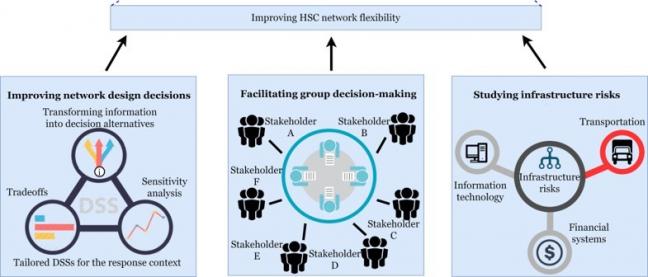
Figure 1. Network flexibility and three supporting pillars
To address my research questions, I followed an exploratory mixed-method abductive research approach. I used the findings of my field study (first qualitative part) to develop and inform my modeling and analysis (second quantitative part). The 2015 Nepal earthquake case was selected as a case study to validate the proposals made in my dissertation due to the timing of the incident, the opportunity to access several key informants, and the specific logistics challenges of Nepal (e.g., mountainous country).
The findings based on the 2015 Nepal case indicated that my proposals should support practitioners on the frontlines of humanitarian operations. First, my study helps assess RDN flexibility and develop an improvement strategy. Second, it supports locating temporary distribution centers to distribute relief items effectively as well as time- and cost- efficiently in the sudden-onset disasters response. Third, my proposed approach facilitates convergence to a decision in group decision-making more easily and quickly. Fourth, the study provides a better understanding of the high impact transportation risks in RDNs, whereby improving network flexibility can contribute to risk management.
My thesis won the HUMLOG Best Ph.D. Thesis Award 2019. I am honored and humbled to receive this award. Thank you the HUMLOG team for recognizing my work and for the prestigious award that is rewarded every second year to best thesis in humanitarian logistics. I would also like to thank my supervisors, Tina and Matthieu, for supporting me and putting their trust in my work when they nominated my thesis for the prize. Without their help and trust, such an achievement would have never been possible. I now pretty much look forward to applying for the HUMLOG fellowship program and getting the opportunity to work with HUMLOG colleagues on problems that really matter in today’s world.
Access to Hossein thesis here.
To know more about the Best HUMLOG theses award, click here!

